Price: $33.00 - $14.10
(as of Nov 04, 2024 02:18:59 UTC – Details)
Publisher’s Note: Products purchased from Third Party sellers are not guaranteed by the publisher for quality, authenticity, or access to any online entitlements included with the product.
Up-to-date hacks that will breathe life into your Arduino and Raspberry Pi creations!
This intuitive DIY guide shows how to wire, disassemble, tweak, and re-purpose household devices and integrate them with your Raspberry Pi and Arduino inventions. Packed with full-color illustrations, photos, and diagrams, Hacking Electronics: Learning Electronics with Arduino and Raspberry Pi, Second Edition, features fun, easy-to-follow projects. You’ll discover how to build an Internet-controlled hacked electric toy, ultrasonic rangefinder, remote-controlled robotic rover, audio amp, slot car brakes and headlights―even a smart card reader!
• Get up and running on both Arduino and Raspberry Pi
• Safely solder, join wires, and connect switches
• Identify components and read schematic diagrams
• Work with LEDs, including high-power Lumileds and addressable LED strips
• Use LiPo batteries, solar panels, and buck-boost power supplies
• Use sensors to measure light, temperature, acceleration, sound level, and color
• Build and modify audio amps, microphones, and transmitters
• Repair gadgets and scavenge useful parts from dead equipment
• Get the most out of cheap or free bench and software tools
From the brand




As a leading global education company, our mission is to partner with educators, learners, and professionals to help them access all the value that education can offer, no matter where their starting points may be.
For over 130 years, we have never stopped innovating to meet the ever-changing needs of educators and learners around the world – and will continue to support and celebrate their efforts every step of the way.


Publisher : McGraw Hill TAB; 2nd edition (September 28, 2017)
Language : English
Paperback : 304 pages
ISBN-10 : 1260012204
ISBN-13 : 978-1260012200
Item Weight : 1.6 pounds
Dimensions : 7.5 x 0.68 x 9.2 inches
Customers say
Customers find the book well-written, readable, and worth the effort to read. They say it’s a great resource for beginners looking to answer common questions. Readers also mention the book has wisdom and insight gained from years of experience. Additionally, they appreciate the fun projects and great ideas that make their creative juices flow.
AI-generated from the text of customer reviews



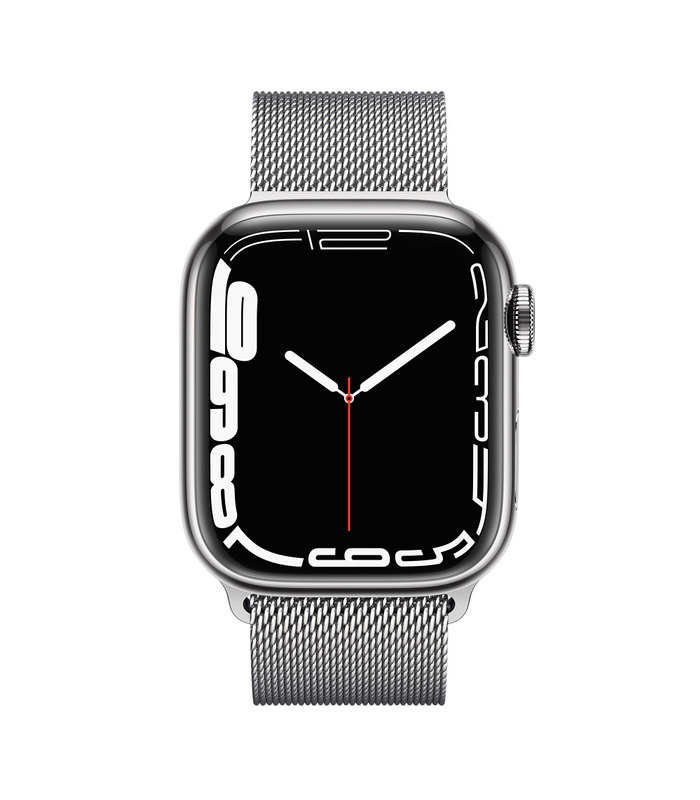
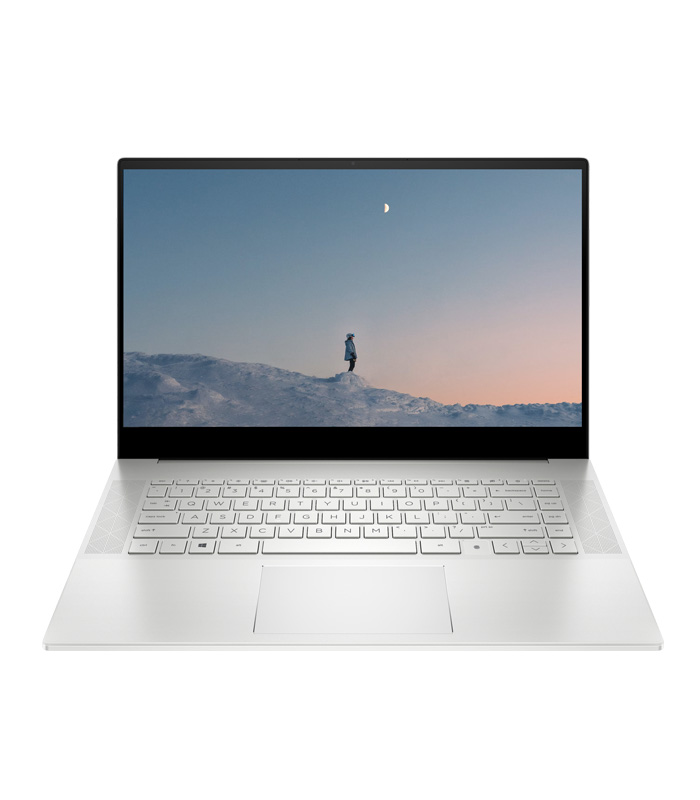
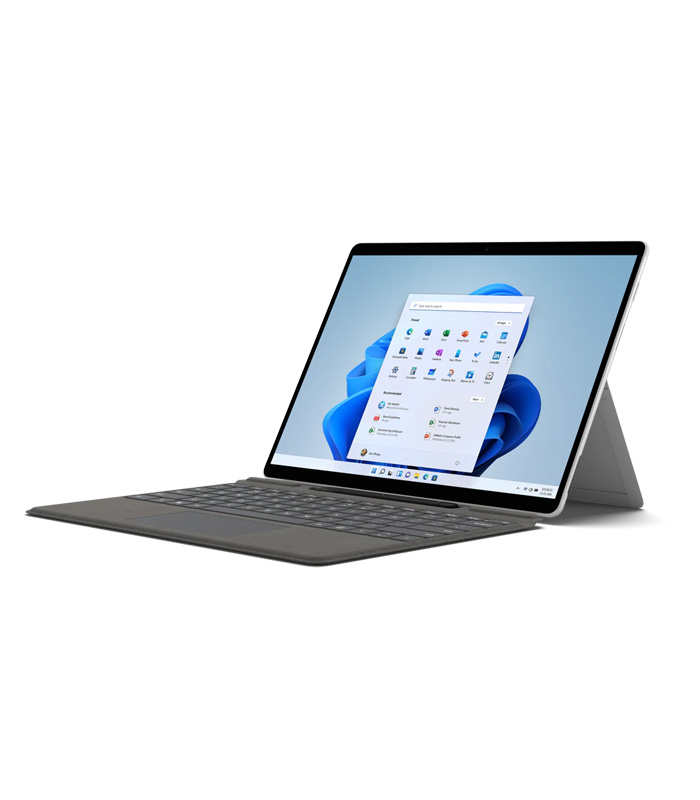



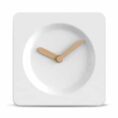

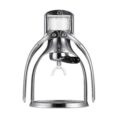
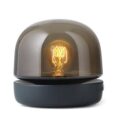









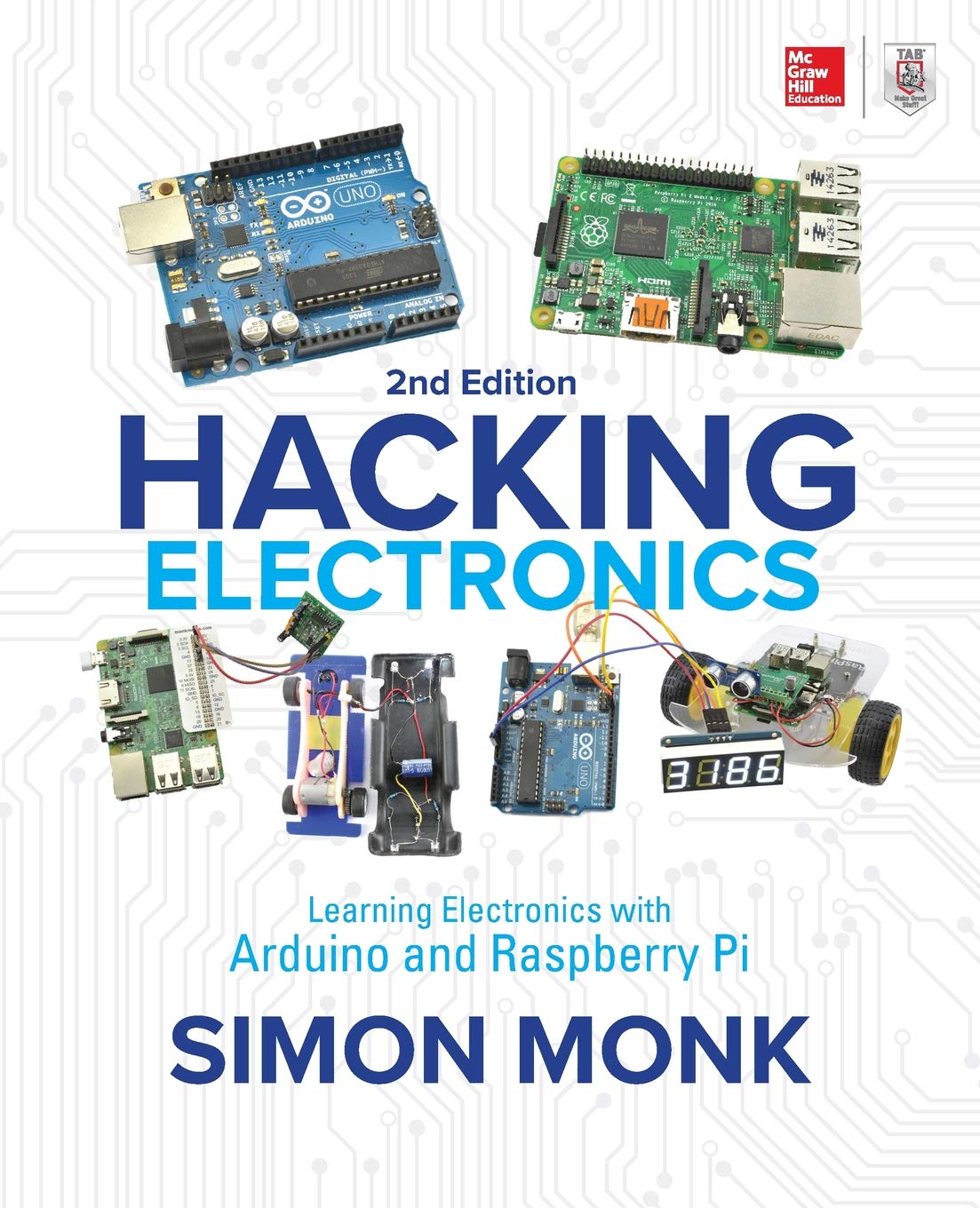
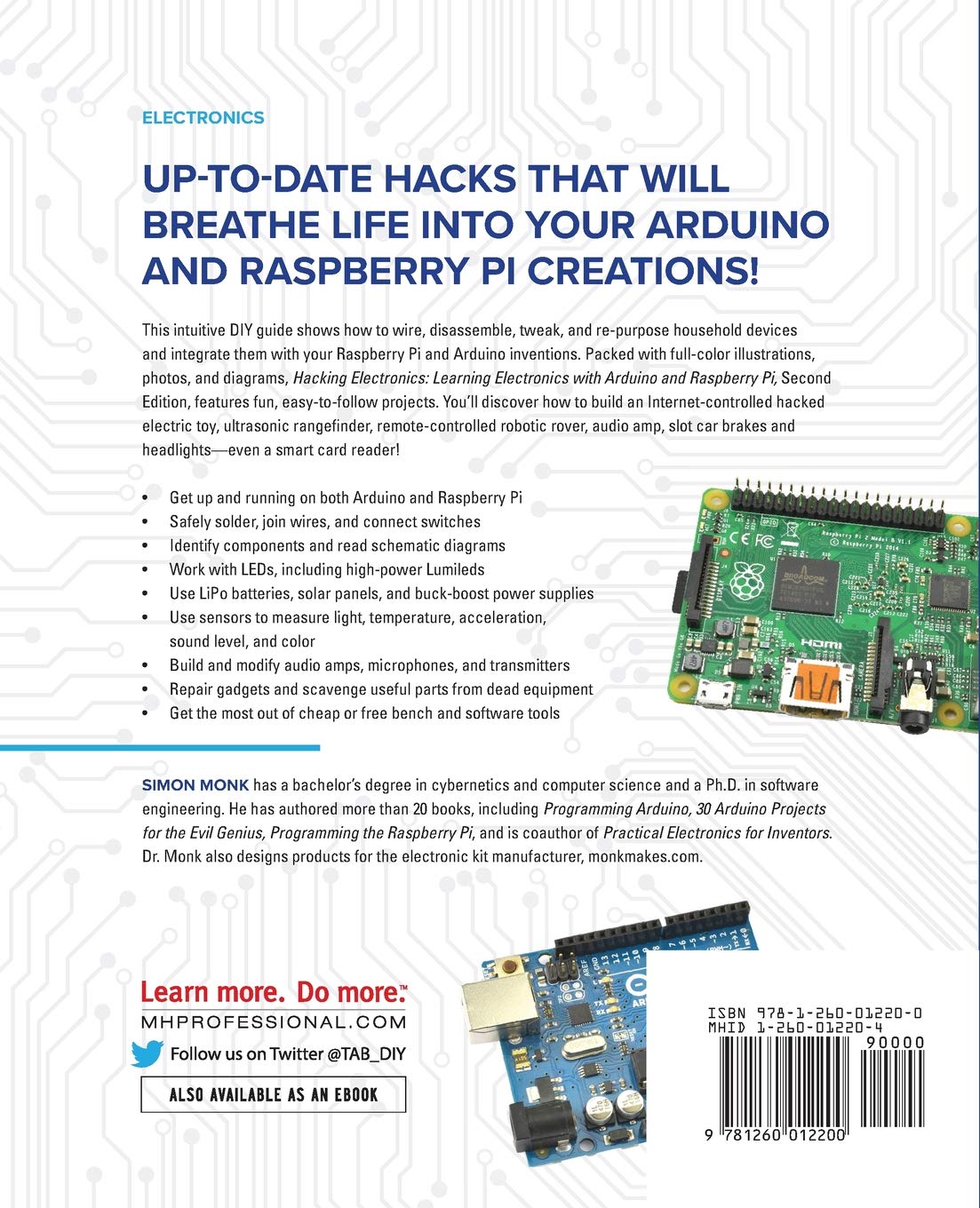
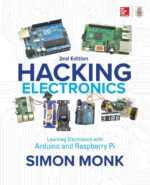
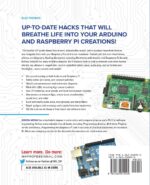







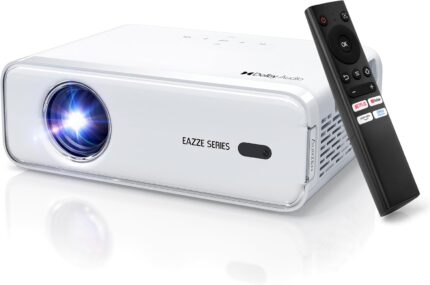

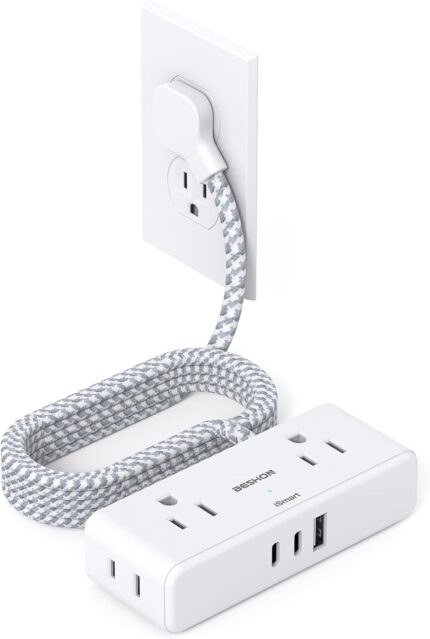

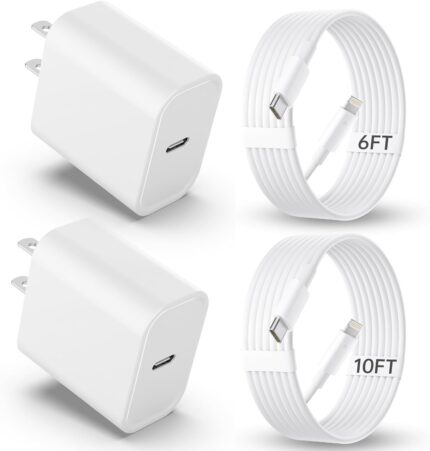
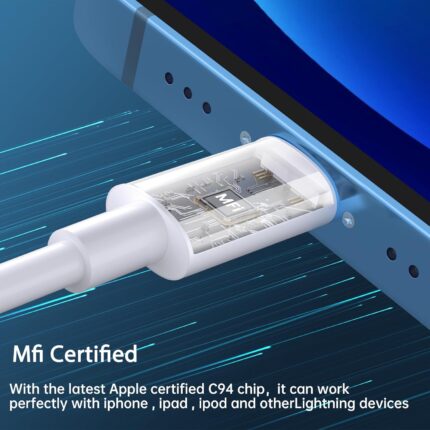
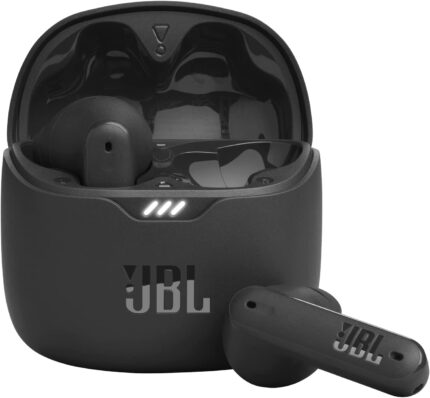
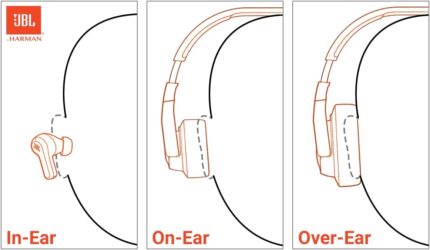
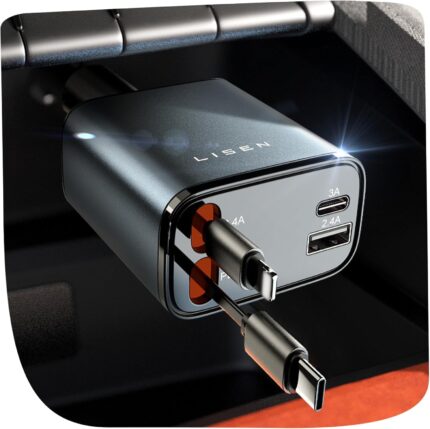

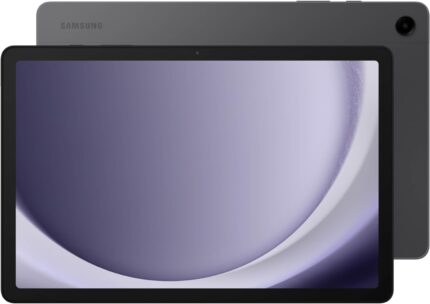
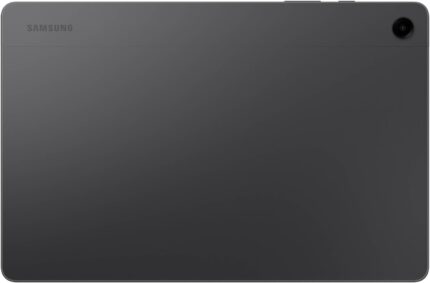
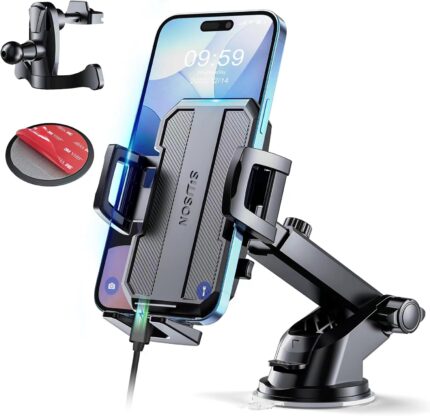
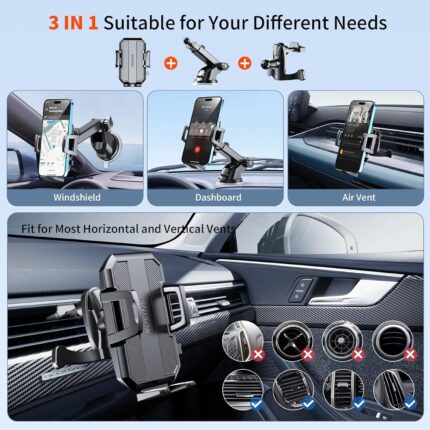

Tim Erickson –
Great Book for Beginner
I bought this to help me get started hacking electronics and experimenting with a Raspberry Pi. I’ve been sitting on a Raspberry Pi and a couple of shoeboxes full of components and tools for about 2 years, without a good idea of how to get started.This book has been VERY helpful with the electronics end of things. It explains a lot about the various components I’ve been working with, along with the soldering iron and multimeter I purchased. It’s definitely given me a great deal of confidence to experiment more and try some new things.It’s not specifically about Raspberry Pi’s, but it has been helpful there as well. If your struggling to get started, this may be a good book for you.
Clay –
All the basics of tinkering in one well written book.
This is an incredibly well written book. It is a great resource for beginners looking to answer common questions that are difficult to find on the internet. Well done!!!
Bill Hunt –
Great book with a lot of wisdom & insight gained from years of experience–good read!
Projects and general information are bringing newer micro computers together with “found” objects in my project boxes and discard pile. Finally a book that makes the creative juices flow, even for a old tinker’er (65 years of tinkering). I guess have not seen it all. Pictures are great and writing style works for all experience levels without scaring off the novice or old hacker. One of the best I’ve seen.
Geezer Geek –
Excellent because of it’s readability and useful advice
The author writes very clearly and although in a previous life I had considerable experience with electronics, I still found it very useful. It has a “seat of the pants” quality to it which makes it very readable and agrees with my own past work experience. I recommend it.
Client d’Amazon –
You First Electronic Book
This is the book we all wished for when we started building electronics. Simon Monk is covering the basics in a easy to understand fashion. He is not stuck in the past, but introduce you elegantly to the Arduino and raspberry Pi world. A highly recommended book!
M. A. Rubio –
A fun way to learn basic electronics.
Great fun projects with simple instructions for basic beginners. It also has good access to online resources.
J –
Mistakes in code and instructions
He makes a lot of mistakes and typos in his books that actually result in tons of frustration. Sometimes his directions and his illustrations say two different things. Simon needs to carefully read over his code and all his books, because the mistakes are consistent throughout his collection and in many chapters
Don –
… playing with electronics as a hobby this is a great book. Even for those learning
As Old retired electrician playing with electronics as a hobby this is a great book. Even for those learning. I want to get more books like this one.
William –
Excelente libro
Olivier Staquet –
I was looking for a book to cover electronics in a pragmatic way and I finally found it. The author covered all aspects required to build your projects and to tackle common issues (like batteries) in a format pleasant to read. I love it.
Don –
A great introduction to electronics. The idea of hacking instead of engineering electronics should set the hobbyist at ease.
z1000 –
Good entry level book. I was looking for something more advanced.
Carlos Flotats Villagrasa –
A rare book for beginners: it helps you enter the hacking world even with zero previous knowledge but also provides depth where needed.